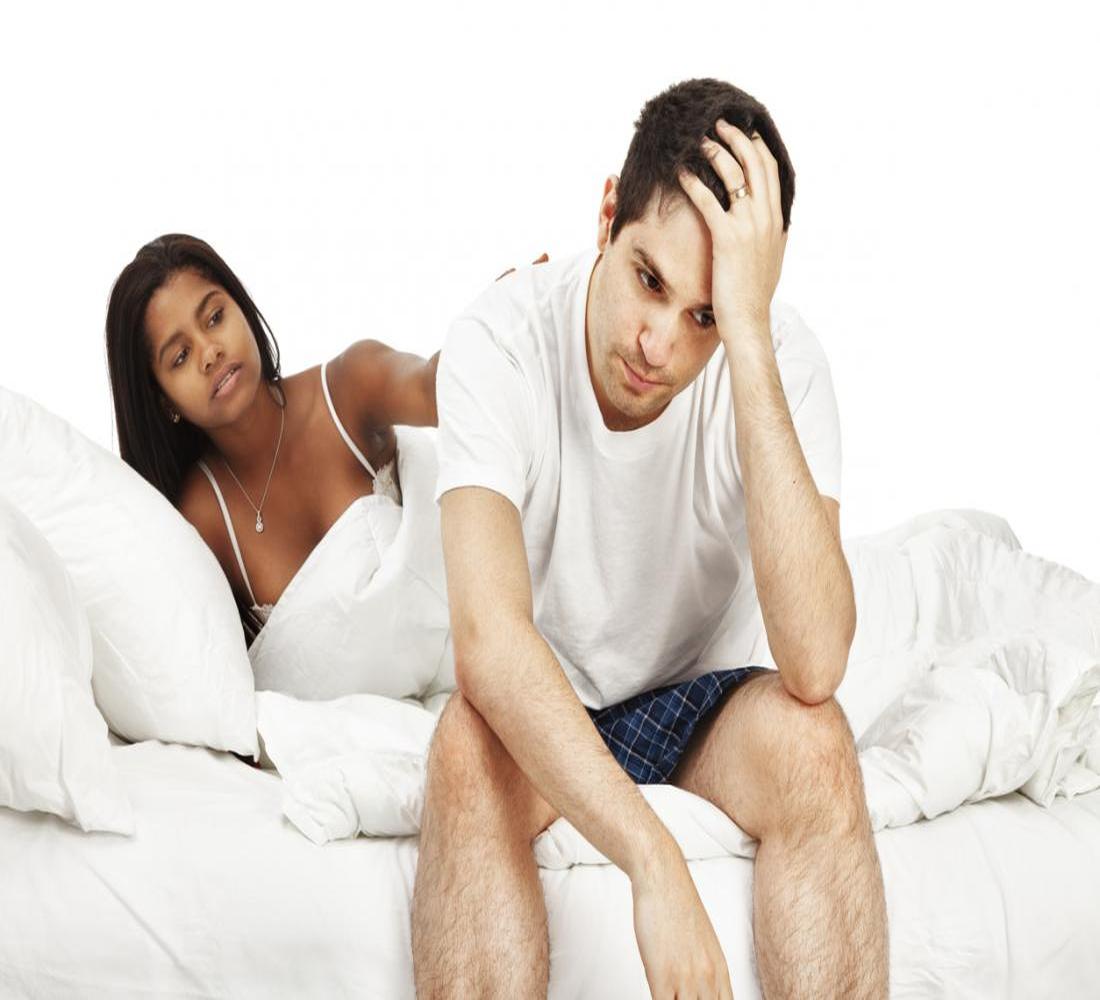
Best Sexual Dysfunction Treatment in Delhi & Gurgaon
The most commonly occurring problems that are related to sexual dysfunction in men include erectile dysfunction, ejaculation disorders, and repressed sexual desire. These along with other sexual dysfunction problems can be remedied by treating the underlying physical or psychological causes.
What is sexual dysfunction in males?
Sexual dysfunction refers to any physical or psychological problem that stops you or your partner from attaining sexual satisfaction. Male sexual dysfunction is amongst the most commonly occurring health problem that affects men of all ages but is more common with increasing age. Treatment can often help men experiencing sexual dysfunction

Sexual Dysfunction in Male
Sexual dysfunction is any kind of physical or psychological problem that does not let you or your partner get the sexual satisfaction. Male sexual dysfunction tends to affect the men of all ages but is more common with increasing age. Treatment can often help men suffering from sexual dysfunction.
The main types of male sexual dysfunction are:
- Erectile dysfunction (trouble getting or keeping an erection)
- Premature ejaculation (reaching orgasm too soon)
- Inhibited or delayed ejaculation (reaching orgasm very slowly or not at all)
- Low libido (decreased interest in sex)
What causes sexual dysfunction in males?
- Low testosterone levels
- Prescription drugs (antidepressants, high blood pressure medicine)
- Blood vessel disorders like atherosclerosis (hardening of the arteries) and elevated blood pressure
- nerve damage or stroke from diabetes or surgery
- Smoking
- drug abuse and alcoholism
Psychological causes might include:
- Anxiety about sexual performance
- relationship or marital problems
- feelings of guilt or depression
- Effects of sexual trauma in the past
- stress related to work and anxiety
How does sexual dysfunction influence men?
The most common problems men come across while suffering from sexual dysfunction are getting and keeping an erection, ejaculation troubles, and reduced physical desire.
Ejaculation disorders
Problems related to ejaculation are:
- Premature ejaculation (PE) — ejaculation that occurs prior to or immediately after penetration
- Inhibited or delayed ejaculation — ejaculation does not occur or takes longer time than usual.
- Retrograde ejaculation — at orgasm, the ejaculate gets forced back into the bladder instead of coming out from the end of the penis
The exact cause of premature ejaculation (PE) is unknown. While in several cases PE is primarily due to performance anxiety while having sex, other factors may be:
- Stress
- short-term depression
- History of sexual repression
- Low self-confidence
- unresolved conflict with partner or lack of communication
Studies have shown that the breakdown of serotonin (a natural chemical that affects mood) might play an important role in PE. Certain drugs, including some antidepressants, may impair ejaculation, as can nerve damage to the spinal cord or back. Physical causes for hindered or delayed ejaculation may include chronic (long-term) health problems, side effects of medication, alcohol abuse, or surgeries. The problem can also be caused by psychological factors like anxiety, stress, depression or relationship issues. Retrograde ejaculation is more commonly seen in males with diabetes who suffer from diabetic nerve damage. Issues related to the nerves in the bladder and the bladder neck force the ejaculate to flow in the backward direction. In other men, retrograde ejaculation can be an important side effect of certain medications or follow after an operation on the prostate or bladder neck.
Erectile dysfunction (ED)
Erectile dysfunction (ED) refers to the inability to get or/and keep an erection for sexual intercourse. ED is a very common problem in men, with studies showing that about 50% of men over age 40 will ultimately get affected. Causes of ED include:
- Diseases that affect blood flow like hardening of the arteries
- Nerve disorders
- relationship conflicts, depression, stress and performance anxiety
- Penile injury
- Chronic diseases like diabetes and high blood pressure
- Unhealthy habits such as drinking too much alcohol, smoking, being obese, and lack of exercise
Low libido (reduced sexual desire)
Low libido refers to reduced desire or interest in sex has decreased. The condition is often related to low levels of the male hormone testosterone. Testosterone maintains normal sexual functioning, keeps up the sex drive, production of sperm, muscle, bone and hair pattern. Low testosterone can greatly affect your body and mood.
Reduced sexual desire can also occur due to depression, anxiety, or relationship difficulties. Diabetes, high blood pressure, and certain medications like antidepressants may also contribute to low libido.
.
Are You Ready to Start Professional Treatment?
While male sexual dysfunction is difficult to prevent, dealing with the causes of the dysfunction can help you understand better and help you cope with the problem when it occurs to you. For maintaining good sexual function:
- strictly follow your doctor’s treatment plan for any of your health/medical conditions.
- Limit your intake of alcohol.
- Quit smoking.
- take treatment if necessary for any psychological or emotional problems like stress, depression, and anxiety.
- Communicate properly with your partner about your condition.
Your Health Starts Here
Better Mental Care is Our Mission
Our Clinics:
Gurugram : Arcadia, 504, South City II, Sector 49, Gurugram, Haryana 122018.
Rewari : Mind Peace Clinic ,Gali No 1 , Bhadawas Road ,Opposite Anaj Mandir Rewari.
Alwar : C95, Sahab Jodha, First Floor, Vijay Mandir , Road Alwar.


